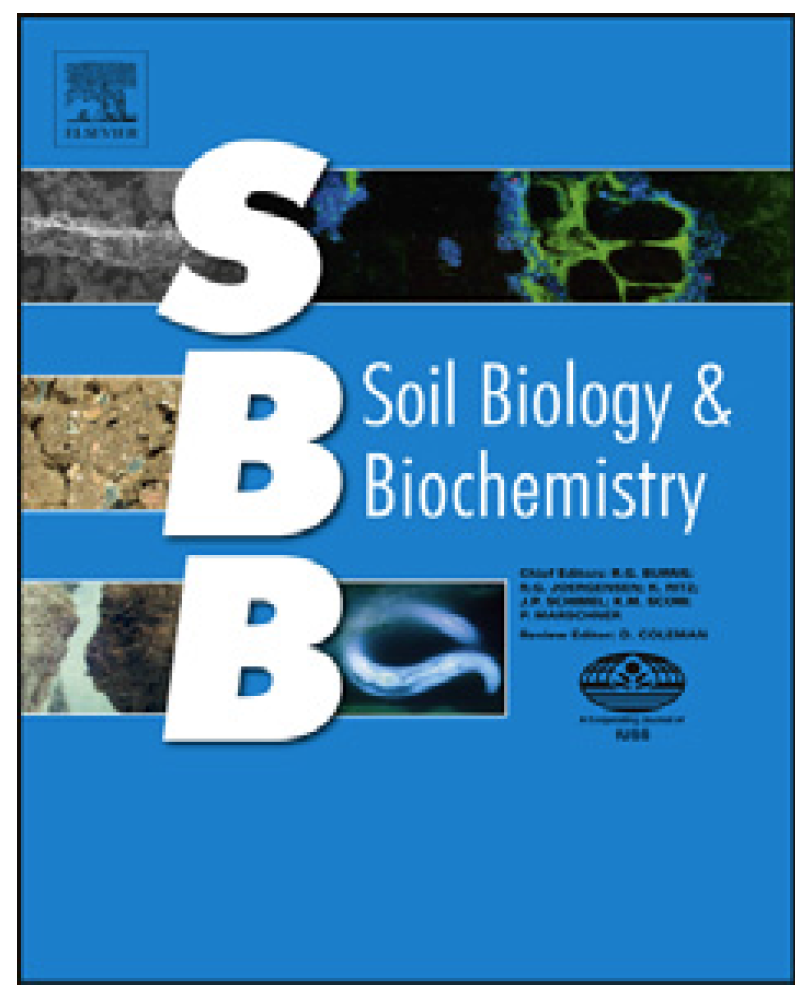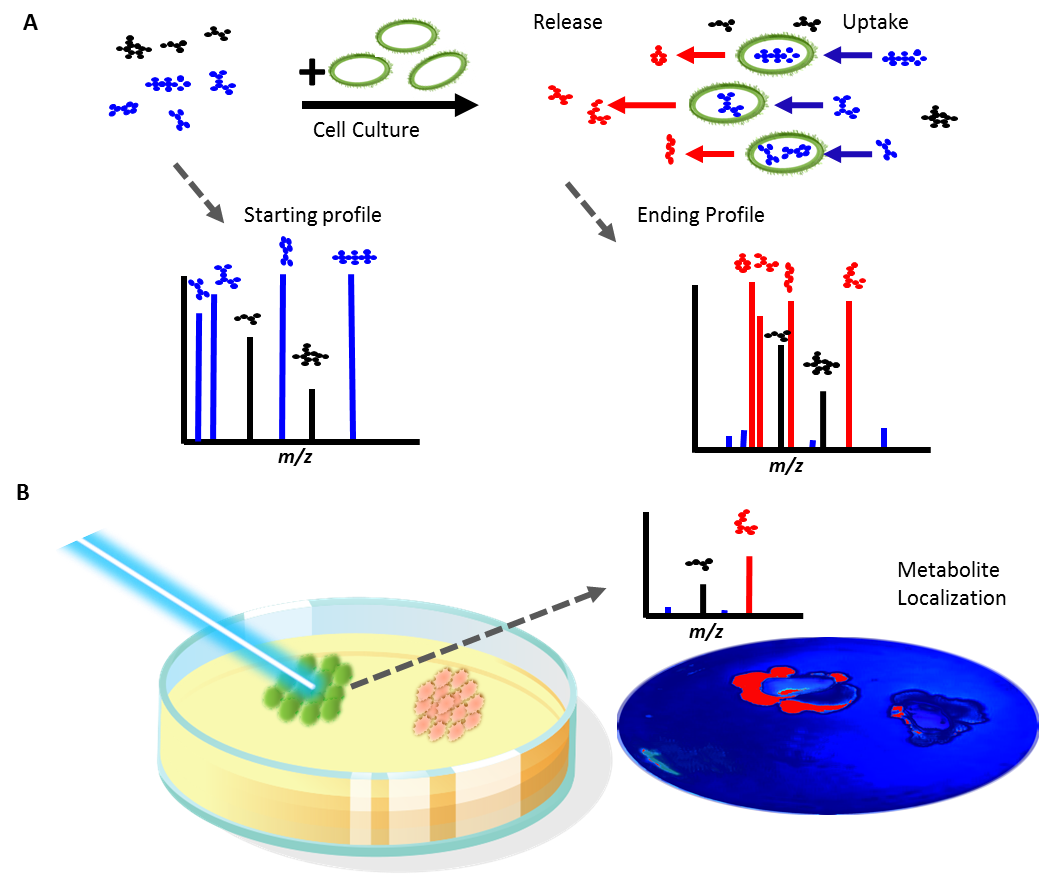Phosphate Availability Modulates Root Exudate Composition and Rhizosphere Microbial Community in a Teosinte and a Modern Maize Cultivar
Crop domestication, while focused on above ground traits, has had unintended impacts on below ground plant characteristics. How these changes have influenced rhizosphere interactions remains poorly understood. We investigated the impacts of phosphate availability on root exudates and rhizosphere microbial communities in a modern maize cultivar and a teosinte, the closest wild relative of domesticated maize. We found that phosphate stress led to increased total carbon exudation from roots. Although exudate compositions were distinct between the maize and teosinte cultivars when phosphate was plentiful, phosphate stress induced both cultivars to shift exudates toward similar metabolite profiles. This suggests conservation of the exudation response to phosphate stress. Microbial community members were also differentially abundant between different phosphate levels and between the maize and teosinte cultivars.
This work adds to our understanding of nutrient stress responses in the rhizosphere, which is critical for enabling more sustainable agriculture. Northen Lab members Vanessa Brisson, Suzanne Kosina, and Trent Northen contributed to this work.

Reference:
Brisson, V.L., Richardy, J., Kosina, S.M., Northen, T.R., Vogel, J.P. and Gaudin, A.C.M. Phosphate Availability Modulates Root Exudate Composition and Rhizosphere Microbial Community in a Teosinte and a Modern Maize Cultivar. Phytobiomes (2021). https://doi.org/10.1094/PBIOMES-06-21-0041-R




